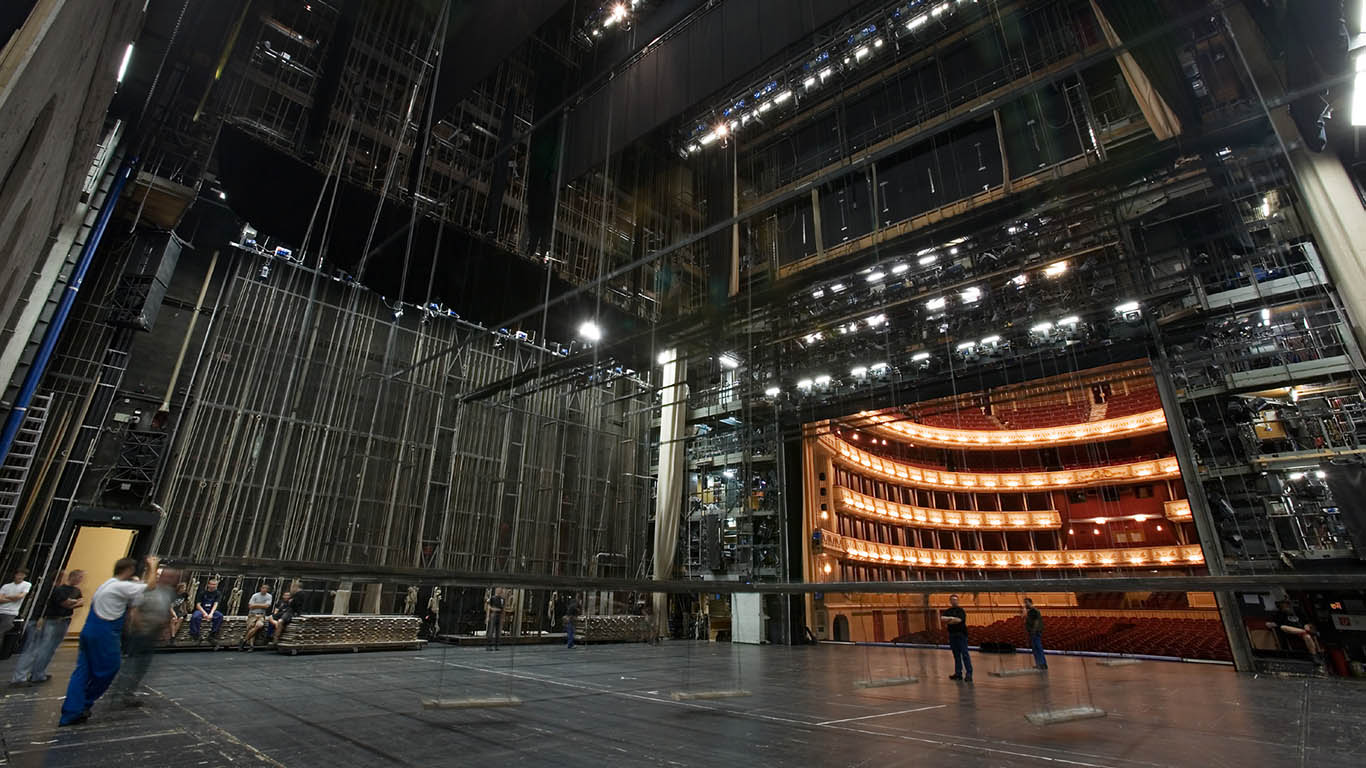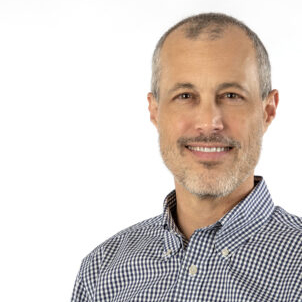
The metaphor of a theater is very useful for understanding many aspects of flourishing in ministry and it is especially helpful for describing the role of social support in wellbeing. The front stage is where the performance happens. The backstage is the place to support and nurture great front stage performances. And the off-stage is a place to step away from performance roles and engage in other parts of life. I will use this metaphor to frame some of the important insights on social support that are emerging from our research. Let’s begin with the metaphor of the front stage, the place where the action happens.
Great performances happen on the front stage
There are certain responsibilities that most pastors must perform well: preaching, teaching, and caring. These responsibilities are nearly universal parts of the pastoral role. There are also expectations about the way pastors should be. Pastors are not only expected to do certain things, they are also expected to have a certain demeanor, certain ways of interacting with people, perhaps even certain ways of speaking.
Some of these expectations are proper and reasonable, they fit the role well. There are common characteristics of most excellent ministries, things most pastors should do to be effective. But other expectations can be inappropriate and unduly constrain pastors into an overly tight box of unreasonable demands.
Our research shows that when pastors can be more authentic, when they have the skills to perform well in their current ministry role and when they have the latitude to appropriately express their unique call and personality in their ministry work, they are both more effective and much more likely to flourish.

The vital importance of a good back stage
First, a good back stage provides a place to review and improve front stage performance. It is a place to practice and sharpen skills for the front stage. It is a place to rehearse future performances and a place to improvise and generate new ideas for the front stage.
Second, a good back stage provides support and care for actors. It is a place of emotional sustenance where genuine expressions of caring and understanding are offered.
Third, a good back stage helps actors deal well with the inevitable stresses, challenges and failures they will experience on the front stage. Other people in the back stage help actors adopt effective strategies for coping with the normal stress that are part of the front stage.
The right people for a good back stage
Having the right people in a back stage is essential. Significant others such as family and friends can be helpful, but most important are similar others, people who have experienced the front stage and, ideally, people who have filled similar roles themselves. Similar others can provide uniquely important social support.
First, while significant others can sympathize, similar others can empathize. Because of their previous experience on the front stage, similar others have an in-depth understanding of the many dimensions and nuances of the front stage.
Secondly, similar others can provide valid feedback about front stage performance. They can provide expert critiques because they really know what kinds of performance are best and what is required to get those best performance.
Thirdly, similar others can provide active coping assistance to help other actors deal with stress or sand crises. Because they are experienced experts, similarl others are in a position to understand and make more accurate evaluations and appraisals of the situation. They can provide help that is closely tailored to the specific nuances of a particular problematic situation.
Truly getting off-stage
For pastors, the back stage is where they can be more than a pastor. In the off- stage, they can temporality set aside pastor responsibilities and pastor ways of being. They can express authentic dimensions of themselves that are not part of their role as pastor. One key to a good off-stage is the opportunity to temporarily forget about the front stage. Pastors need time to be truly off the ministry clock. They need, for example, to know they
will not be called for an emergency- -someone else will attend to immediate care needs. In the off- stage, someone else prays before a meal. The pastor is treated as a person with her own valid wants, needs and desires.
Conclusion
In our research, we find, unfortunately, that many pastors do not have a back stage. Solo pastors face particular challenges in finding a back stage. Sometimes denominational issues compromise pastors’ back stage.
Often, it is simply that pastors are not given the time for a back stage nor do they have opportunities to find other pastors with whom they have a strong affinity.
Prescribed back stages (e.g., mentor matching programs or geographically-oriented pastor “support” groups) often do not work because back stages require people we trust, people like us enough to understand our experiences and different enough to help understand those experiences and grow beyond them. We can say for certain, however, that a good back stage is one of the essential elements for life-long flourishing.

For 25 years Matt Bloom was a tenured professor at the University of Norte Dame. He recently changed roles so he can devote his time to bringing the vast but esoteric body of research on wellbeing to a wider audience, and to working with his co-founders and team at Ritual. Matt’s research focuses on the wellbeing of helping and healing professionals. Matt and his WorkWell team have studied how people find and live into deeply meaningful work, the joys and sorrows they face, and the factors that help make that work life-enriching instead of life-depleting.
